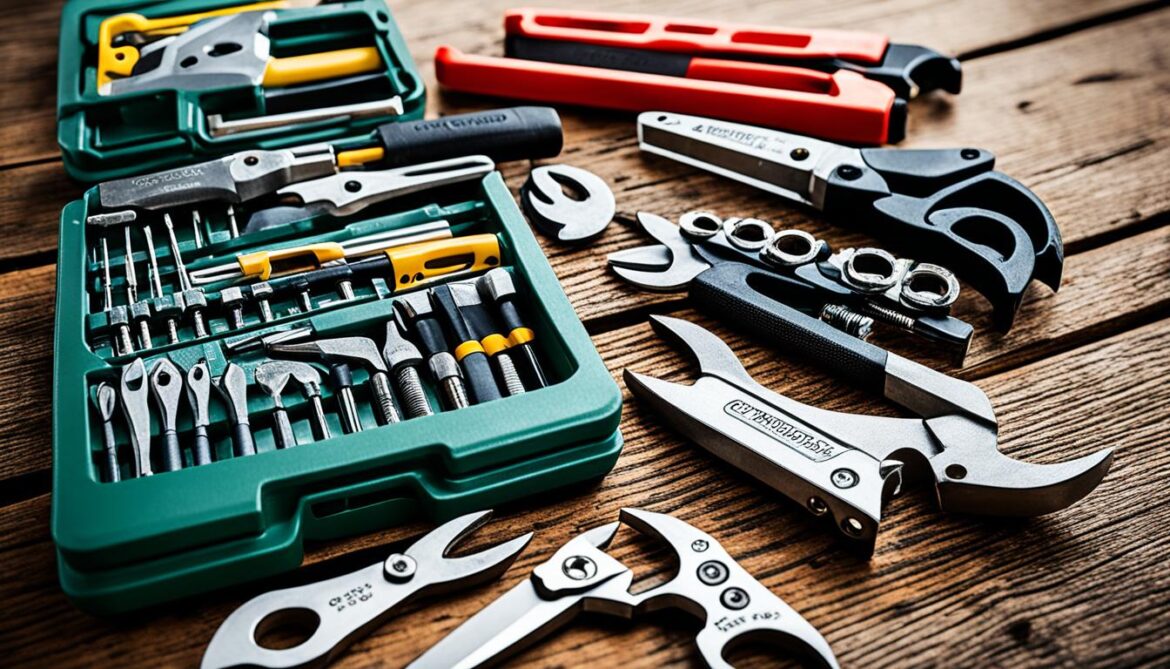Being a fitness lover, facing problems with my gear is always frustrating. But, I’ve learned that tackling these issues isn’t as hard as it seems. Armed with the right guidance and a DIY attitude, you can fix your gear quickly. If your treadmill is acting up or your gym gear has stopped working, don’t worry. I’m here to offer tips and tricks to fix them. I’ll teach you how to handle common issues, like error codes or a slipping treadmill belt. You’ll soon master repairing your own fitness gear. Key Takeaways: Don’t let fitness gear issues discourage you – most problems can be fixed easily with the right guidance. Repair guides provide step-by-step instructions for addressing common issues with your fitness equipment. With a little DIY effort and some basic tools, you can save time and money on equipment repairs. Maintaining your fitness gear regularly can help prevent problems and ensure its longevity. By knowing how to fix your own equipment, you can stay on track with your fitness goals without interruptions. Common Problems and Solutions for Treadmill Repair Treadmills …
Tag:

